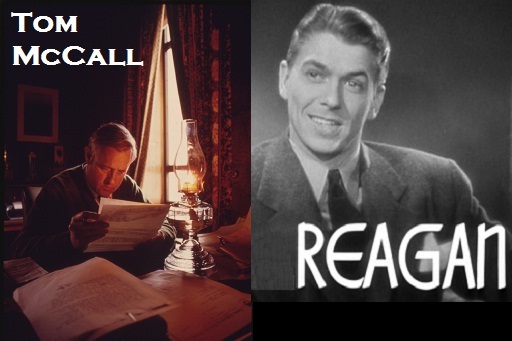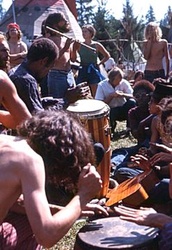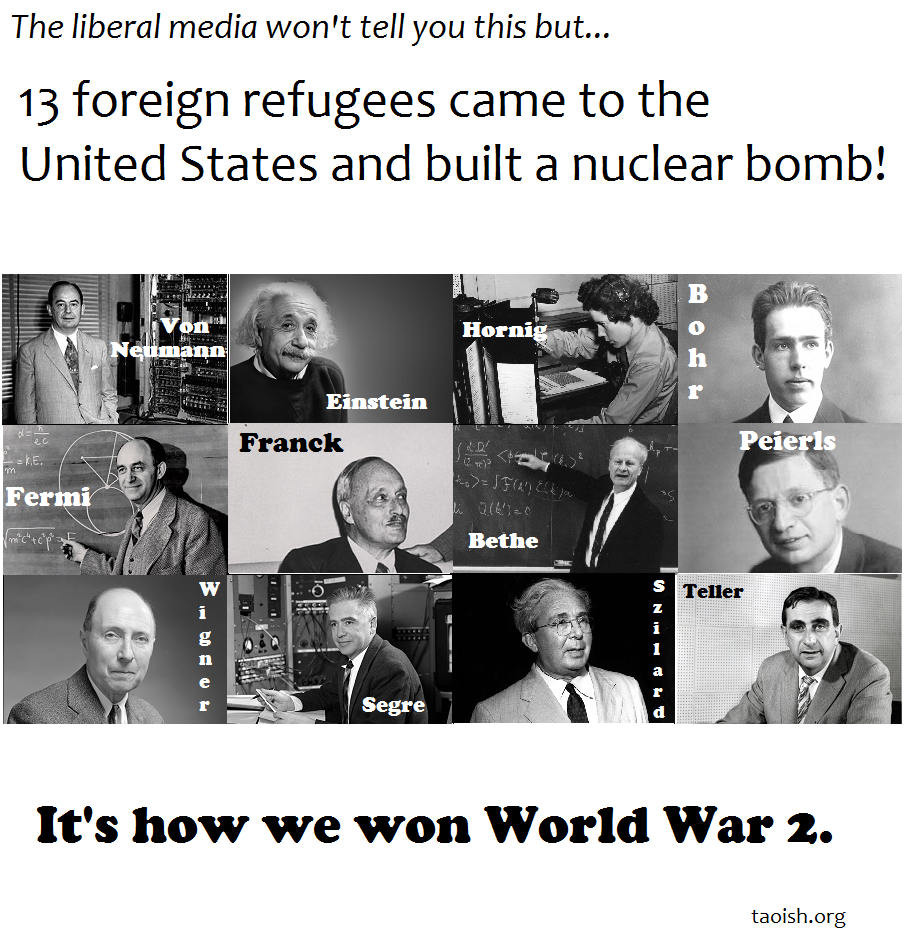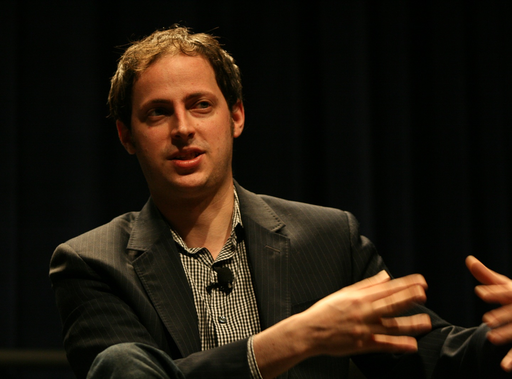Daoism and the American Conservative

It’s clear to most Americans, including many conservatives, that Republicans need to rethink their strategy and ideology after their latest election loss. Yet, with one exception, I don’t see conservatives discussing new ideas anywhere. That exception is The American Conservative magazine and its website.
To my astonishment, two of its writers – Noah Millman and Rob Dreher – recently traded a series of blog posts positing Daoism as a model for government (1 2 3) in the context of discussing Tolstoy’s War and Peace. Beats the hell out of Hannity (or even The National Review), anyway.
They start by discussing General Kutuzov, the Russian who opposed (and defeated) Napoleon on the Eastern front. Kutuzov is often drunk or sleeping in the book, and lacks strategic brilliance. All he has is
“an intuitive feel for what conditions actually are, and for not being distracted by his own ego… Kutuzov is portrayed less as a commander than as a surfer, sensing the quality of the waves, waiting for the right time to ride them to shore.”
Hence, they argue, he is a Taoist role model that American politics could really use. Amazingly, the writers at this conservative website are committing such heresies as wondering whether Reagan needed to build up the military so much against a tottering Soviet regime in the 1980s.
Daoism clearly favors limited government, as a practical example of wu wei. “Rule a big country as you would cook a small fish,” the Daodejing says in chapter 60, meaning gently and without too much stirring. This has been interpreted as either conservative, or – at the other extreme – as anarchist. (Ursula Le Guin’s Hugo- and Nebula-award-winning novel “The Dispossessed” — rooted in her Daoist beliefs — imagines a perfect anarchist world. It is of course science fiction.)
My favorite Daoist writing on government comes from the Catholic monk Thomas Merton’s abridged version of Chuang Tzu (Zhuangzi). The wry cynicism of his brilliant essay “Cracking the Safe” (Chuang Tzu 9.2), about government hypocrisy, sounds entirely modern, yet it was written around 300 B.C.E. Its warning against moralistic and hypocritical government has as much or more to teach Republicans as Democrats:
“Teaching love and duty
Provides a fitting language
With which to prove that robbery
Is really for the general good.
A poor man must swing
For stealing a belt buckle
But if a rich man steals a whole state
He is acclaimed
As statesman of the year.”
I don’t see Ronald Reagan as the Daoist master Rob Dreher sees, but I do remember a couple things about him that would make any sage proud. He was humble, perhaps from necessity in his day as a (gasp!) divorced man and actor, but it seemed genuine to me, and I was no fan.
He played a bit of a fool; widely disrespected for being of Hollywood, he used that to his advantage with an aw-shucks,“I’m just a small town, simple guy but I know what’s right” shtick that people loved. Reagan famously turned worries about his age against Walter Mondale in their debate: “I will not make age an issue of this campaign. I am not going to exploit, for political purposes, my opponent’s youth and inexperience.“ (Mondale was 56 at the time.)
More strategically, I remember Reagan as a very slick deal-maker, a skill taboo in today’s Republican Party. He would start negotiations on an issue with outrageous public demands far outside the mainstream, then offer major concessions in private. When all the papers were signed, however, he had finagled far more with this technique than his “tougher” (less flexible) and “more sensible” colleagues ever got.
My favorite exemplar of a Daoist Republican, though, was more obscure and centrist; Tom McCall, the governor of Oregon from 1967 to 1975. McCall was not an ideologue but a leader, trusted by both parties and creative in an emergency (of which he faced many.) During the 1973 energy crisis, he pioneered odd/even gas rationing, used just last month in New York City after Superstorm Sandy. He also created the best free market social welfare program ever invented: the bottle bill. Even as we speak, many of Oregon’s homeless — too damaged for any other kind of work — are cleaning up the countryside and making some real money.
His finest, and wackiest moment, came in 1970. At the height of Vietnam War protests, the American Legion scheduled their national convention in Portland, and antiwar groups announced a massive counterdemonstration. Given the emotions of that time, violent clashes were pretty well guaranteed.
McCall, a starchy old-school New England WASP, analyzed the protestors and decided that – in Doonesbury terms – Zonker was more popular than Mark Slackmeyer. He organized history’s only state-sponsored rock festival –the week-long, mildly infamous Vortex 1 – at a park 20 miles outside of Portland during the convention, and announced that no one would be arrested for nudity or marijuana smoking there. 100,000 people (including the rock band Cream) attended. As McCall later told Studs Terkel,
“It was the damnedest confrontation you’ll ever see. We took a park, 20 miles south of Portland, and turned it into an overnight bivouac and disco party.…There was a lot of pot smoking and skinny dipping but nobody was killed.” |
 |
There is a lot of distance between the positions of the 2012 Republican presidential candidates, and anything that I could honestly call Daoist. To my eye, a Daoist candidate would be humble, humorous, not preachy, reluctant to use force, and astonished at the stupidity of religiously-based American Exceptionalism as an ideology. Hell, if Ronald Reagan ran for president today, he would probably be swiftly targeted as a weak-kneed RINO and eliminated by the time of the New Hampshire primary.
A truly Daoist party would probably combine fiscal conservatism and a bias toward free-market rather than government-controlled solutions, with a small-L libertarian perspective on social issues: decriminalizing drugs, legalizing abortion, and generally staying out of religion and morality. It would certainly be much less militaristic and interventionist in foreign policy. Its energy policy would begin by eliminating all government subsidies for different forms of energy. Eliminating the statutory liability limits for nuclear power plants, for example, would end that industry immediately. This party’s environmental approach might best be to change the marketplace to include environmental costs in pricing, and let the free market adjust.
The result might look a bit like Ron Paul’s ideology, without the racist newsletters, anti-abortion hypocrisy and fetishization of precious metals. In other words, something like what Ron Paul’s younger supporters thought they were voting for. Or maybe not. But at least the American Conservative is beginning the conversation, and considering some serious changes.






Great post, really enjoyed it!
— Sydney